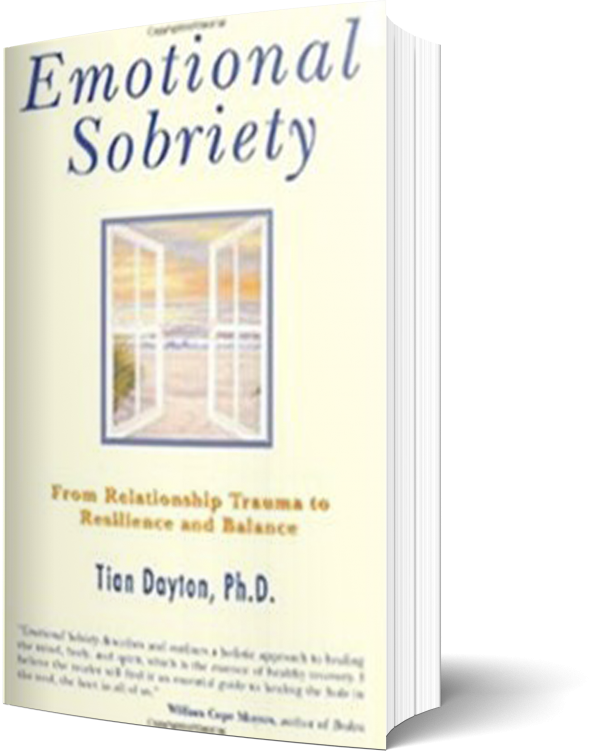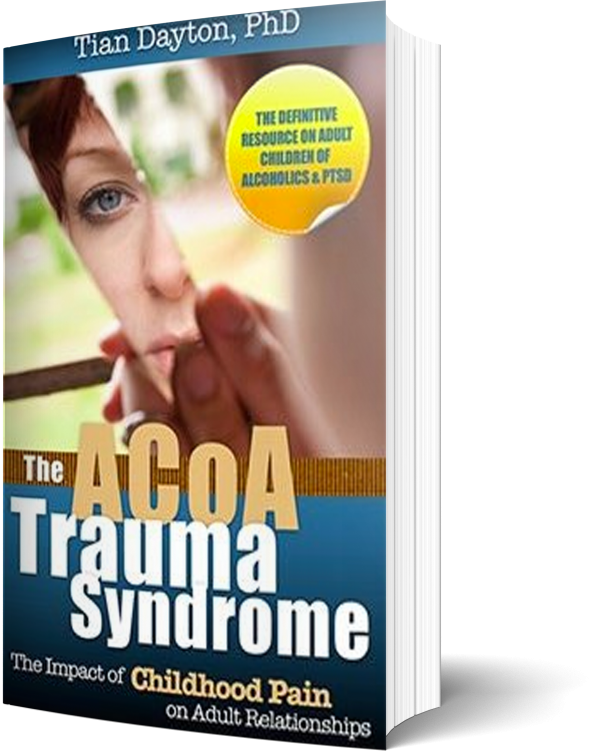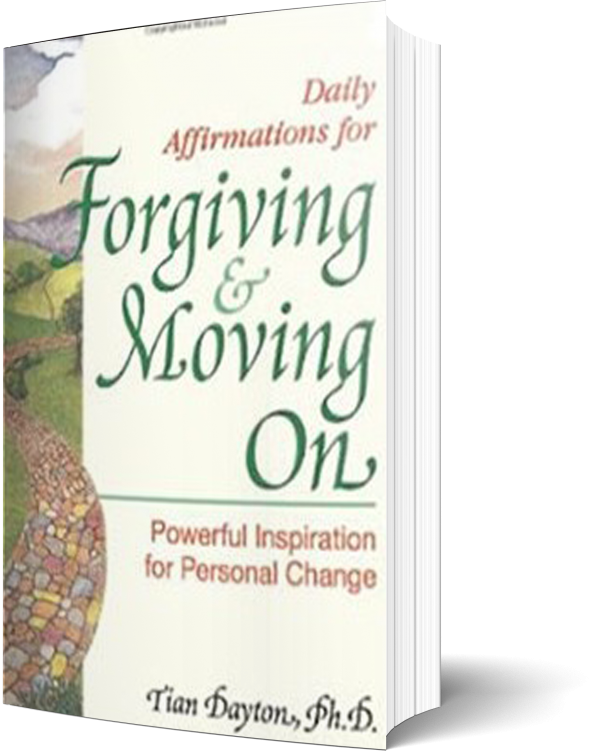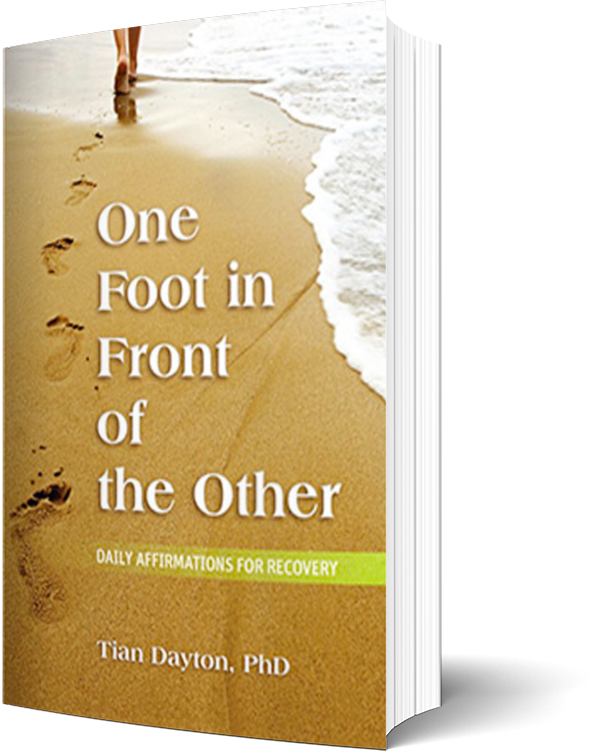Tolstoy began Anna Karenina with the much quoted, “all happy families resemble one another, each unhappy family is unhappy in its own way.” I am not sure that applies to alcoholic families. When I first officially entered recovery for being an ACoA in 1985, I was alternately stunned and reassured by the similarity of my experience growing up with an alcoholic parent with those I was in recovery groups with. Over and over again our “war stories” resembled each other almost exactly, I felt as if I were in a group of cousins and siblings, it was as if we had all grown up in the same house.
There were references to things that I thought were unique to my experience. Tears filled the eyes of people sitting in gray folding chairs as they shared about how they waited for the sound of their alcoholic parents’ footsteps in order to discern their level of inebriation. The slurred speech, the forgotten promises. The hurt you couldn’t talk about because who had the bandwidth to listen. The awkward dinners during which no one knew quite what to say or do. The familiar sound of ice clinking against a crystal glass. And there were the drunken scenes, the screaming, the sudden bursts of anger laced with accusations that came out of nowhere. The tears, people running to their own rooms sobbing, slamming doors.
Misunderstanding was the norm, who could get to the bottom of anything when there was no bottom? And the walking on eggshells, dodging bullets, looks, snarls. Waiting for the other shoe to drop all now aptly named in trauma literature as hyper-vigilance.
This it appeared was a shared reality in this special club of adult children of alcoholics.
So recovery to me means peace. It means a family get-together where slight irritations are quickly over, where people apologize and even take responsibility for hurting someone. Where they are aware of their own behavior. Where there is good will by and large.
Where no one is afraid to love.
It means being able to get through an argument whole and in tact, caring about my own experience and the experience of the person I am arguing with, not so much because I am such a nice person, but because I have the wisdom to know that working something out is ultimately best for both of us.
It means drawing the line at abuse, not allowing it from myself or anyone else.
Recovery to me means inching my way towards trust. One of the things that seemed to happen to so many of us was that trust in relationships was so very undermined. And so often that lack of trust got blamed on the other guy, “you did it to me,” “if only you’d…then I’d be fine,” “it’s your fault that I am feeling this way’, “you need to change and if you did, I’d be fine.” The blame game.
Today I realize that in the relationships I can do something about, I can build trust, I can take risks, I can be myself. Today I can ask for help when I am stuck or overwhelmed from cooler heads than mine and listen with an open mind.
Recovery means seeing the challenges that life throws at me as opportunities to observe myself in action and to try to do things differently.
Exploding and imploding were the norm for so many of us. Feelings got denied, numbed and driven into the dark recesses of an inner world that became increasingly blurred and indistinguishable. Or feelings just exploded all over the place, like a hot water pipe that burst and flooded everything in the room. When ACOA’s become adults that pain and rage doesn’t disappear. The drunk behavior lives on even without the booze. The “stinkin thinkin” doesn’t change by itself. The pain from childhood just follows us into adulthood as do the behaviors and all the little ways of relating that we learned in the trenches.
So recovery to me means getting my life back, taking hold of my own insides and trying to turn the Queen Mary on a dime. It means getting help, being able to be wrong, knowing how to apologize just for its own sake, feeling sad when I am sad and happy when I am happy. It means dragging my mind out of the gutter, recognizing that dark ruminations are a part of this weird legacy and trying to do my best to stop them; focusing on the positive rather than that negative litany that draws its juice from the the dark side.
When I was a kid I would wake up feeling good, then quickly reality came crashing in on me and I tried to come up with a list of all the things I might need to worry about that day, it was my way of trying not to be surprised, of not getting caught thinking everything was fine then being blindsided. Somehow I reasoned that it might hurt less if I could remember to worry just enough, to anticipate trouble and be prepared, sort of a Boy Scout motto for the somewhat disenfranchised. But it didn’t really work, not really.
So recovery for me, is about being able to separate the past from the present; to live in the here and now. To realize the many ways in which pain from one generation can leak into the next and the next and to be mindful.
I never lost faith or a sense of the beauty of life or love, I believed that life meant good for me deep in my heart and that is what happened, life has been good to me. So recovery is being able to embrace that belief without worry, just accepting all the good that life has to offer and daily expressing appreciation and gratitude for it, knowing, recognizing that the very energy of appreciation will draw more good towards me and those I love. It means believing in a happy ending every day knowing that believing is seeing rather than the reverse.
Recovery month tends to focus on addicts, but I can assure you, both personally and professionally, that for every addict there are an estimated 7 lives profoundly affected by living with addiction. If this population doesn’t seek recovery, the unresolved pain leaks out into the relationships that surround ACoAs, this is how we pass on pain.
For more info on ACoAs log onto nacoa.org





